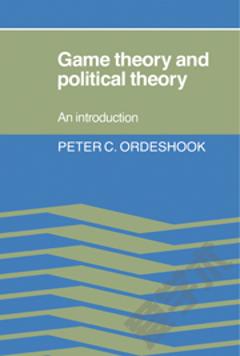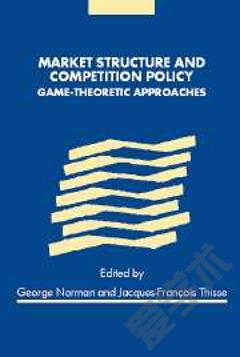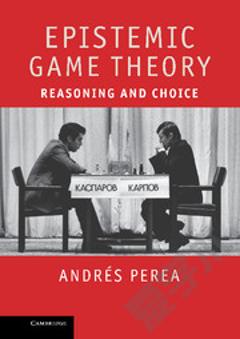Competition Policy: A Game-Theoretic Perspective
This book uses game theory to analyse anti-competitive behaviour among firms and to consider its implications for competition policy. Part I focuses on 'explicit collusion': the author proves that 'four are few and six are many', and shows how cartels can be enforced under imperfect and incomplete information. Part II on 'tacit collusion' discusses the informational requirements of collusion detection in noncooperative repeated games. In Part III on 'semicollusion', excess capacity is shown to reinforce collusion. Part IV is devoted to the detection of predatory pricing. In this book, Louis Phlips applies the latest economic theory to a discussion of several European antitrust decisions and empirical studies. The presentation of case studies, combined with a clear exposition of the theory, will make this book invaluable to teachers and students of competition policy.
{{comment.content}}








 京公网安备 11010802027623号
京公网安备 11010802027623号